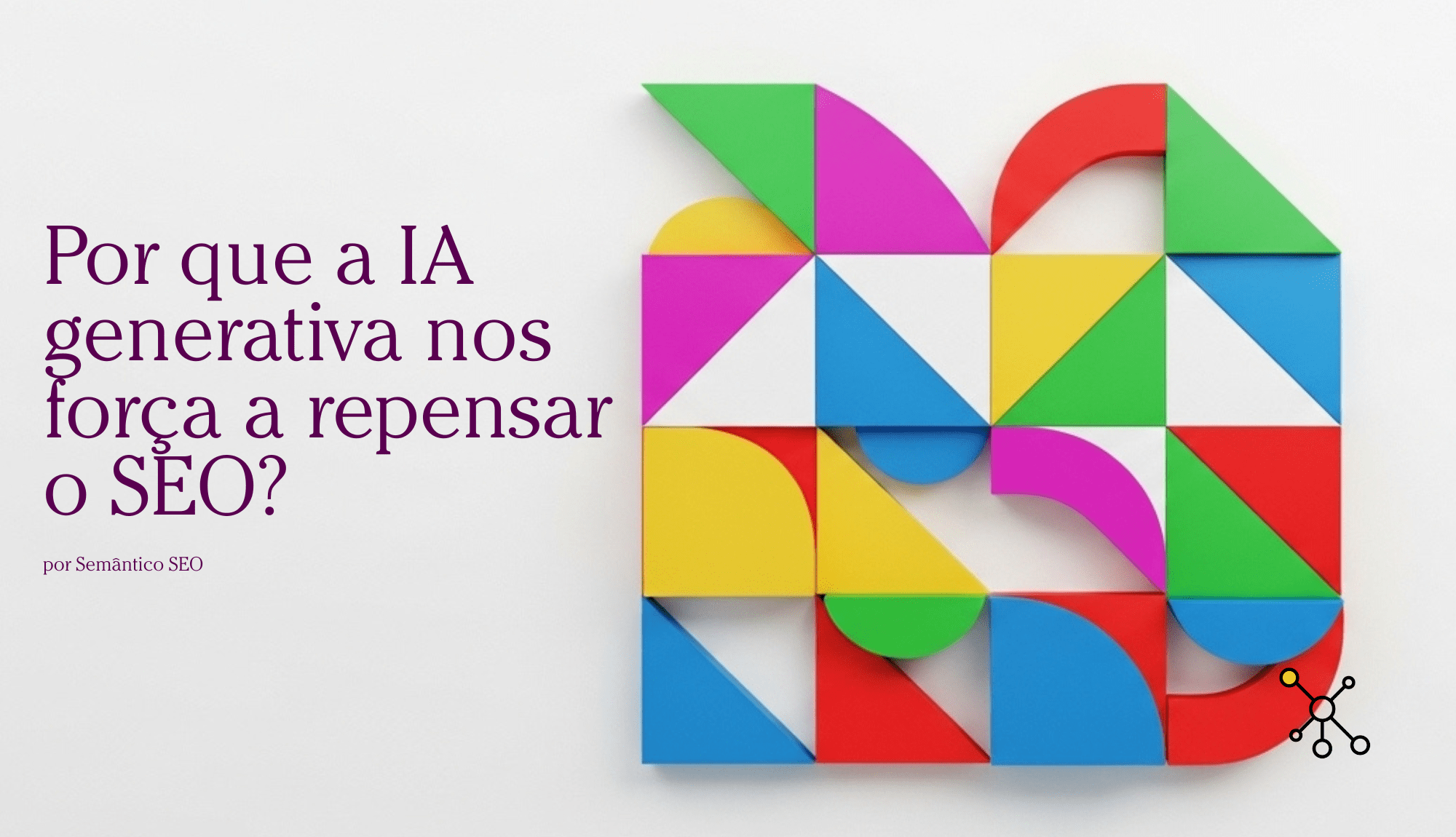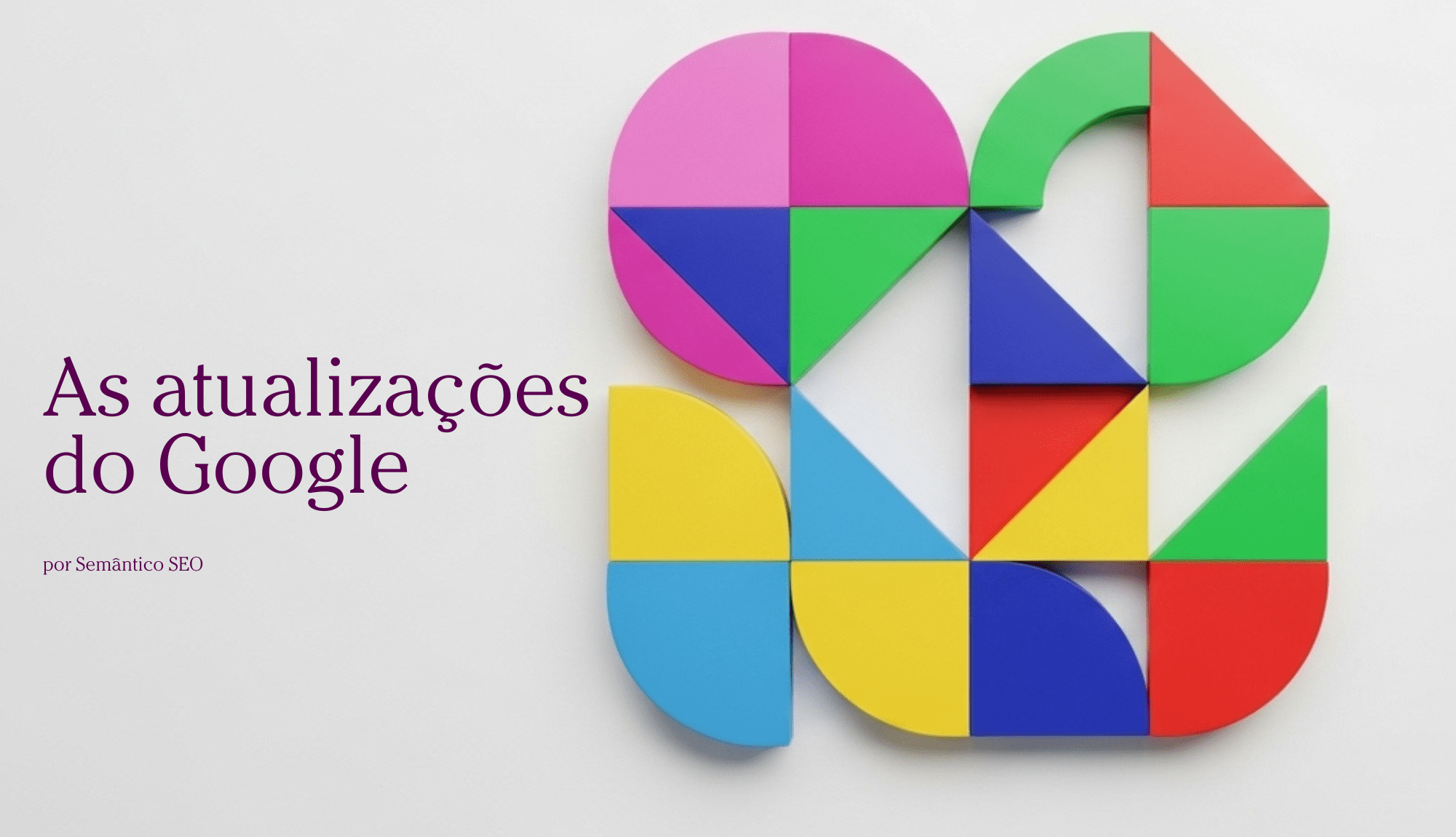Gemini
O Gemini é uma família de modelos de inteligência artificial multimodal desenvolvida pelo Google, representando a vanguarda da pesquisa e aplicação de IA da empresa. Anunciado no final de 2023, o Gemini foi projetado desde o início para ser nativamente multimodal, o que significa que ele pode compreender, operar e combinar de forma fluida diferentes tipos de informação, como texto, código, áudio, imagens e vídeos. Diferente de modelos anteriores que eram treinados separadamente para cada modalidade e depois unificados, a arquitetura do Gemini permite um raciocínio mais sofisticado e uma compreensão contextual mais profunda ao processar múltiplas entradas de dados simultaneamente.
A principal característica do Gemini é sua flexibilidade e escalabilidade, tendo sido lançado em três tamanhos distintos para atender a diferentes necessidades computacionais: Gemini Ultra, a versão mais potente e robusta, projetada para tarefas de alta complexidade em data centers; Gemini Pro, um modelo versátil que equilibra desempenho e eficiência, ideal para uma ampla gama of de aplicações; e Gemini Nano, uma versão otimizada para ser executada com alta performance diretamente em dispositivos móveis, como smartphones. Essa abordagem permite que o poder da IA generativa seja integrado em diversos produtos e plataformas, desde aplicações em nuvem até funcionalidades no próprio sistema operacional.
No ecossistema do Google, o Gemini é a tecnologia fundamental que impulsiona a nova geração de serviços e ferramentas de IA. Ele substituiu modelos anteriores, como o LaMDA e o PaLM 2, para se tornar o motor por trás do chatbot conversacional da empresa (anteriormente conhecido como Bard, agora também chamado Gemini) e está sendo progressivamente integrado a produtos-chave como a Busca Google, o Ads, o Chrome e o Workspace. Para os usuários e desenvolvedores, o Gemini oferece capacidades avançadas de geração de conteúdo, análise de dados complexos, programação e resolução de problemas que transcendem as limitações dos modelos puramente baseados em texto.
Fontes:
- Google. Google apresenta o Gemini: nosso maior e mais capaz modelo de IA. Disponível em: https://blog.google/intl/pt-br/produtos/bard/google-apresenta-o-gemini-nosso-maior-e-mais-capaz-modelo-de-ia/. Acesso em: 26 set. 2025.
- Google for Developers. Gemini: o modelo mais capaz do Google. Disponível em: https://ai.google.dev/models/gemini. Acesso em: 26 set. 2025.
- Google Cloud. Modele a sua próxima ideia com a família de modelos Gemini no Google Cloud. Disponível em: https://cloud.google.com/vertex-ai/docs/generative-ai/model-reference/gemini. Acesso em: 26 set. 2025.




Publicar comentário